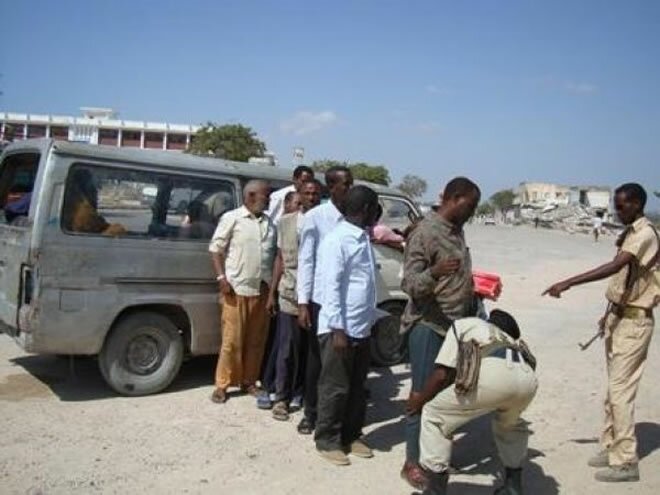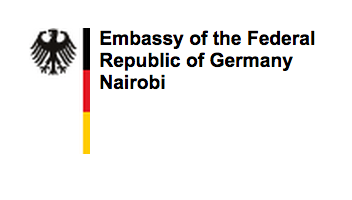College fellowship ‘family’ helped first-generation student, a native of Somalia, thrive at the College of St. Benedict
But taking part in the Intercultural Leadership, Education and Development fellowship program at the College of St. Benedict made campus feel like home. Her peers in the program, which helps low-income minority students become the first in their families to go to college, became close friends.
“Family,” is how Abdalla describes them. “I love them the same way I love my siblings.”
This past May, the 20-year-old Abdalla was among the first to graduate through the program known as I-LEAD. A political science major, she is now heading to a public affairs fellowship in Missouri.
Based at St. Benedict and nearby St. John’s University in central Minnesota, the I-LEAD program gives students a yearly $9,000 grant, other financial aid and mentors. Participants take part in seminars and other group activities that promote camaraderie.
Through her school, Abdalla snatched up service opportunities that took her from China to Trinidad to Kenya.
Born in Somalia, Abdalla moved to Kenya as a toddler with her family as they fled a civil war. There, her education was informal. But a math tutor at a refugee camp helped Abdalla succeed when her family settled in the United States in 1997.
She so impressed her teachers at schools in St. Paul that they let her skip a few grades. “(I was) always raising my hand in class,” Abdalla said. She graduated from Arlington High School.
“War breaks up families,” Abdalla said. “It’s not about staying together; it’s surviving.”
When looking at colleges, Abdalla wanted somewhere close to her family in Minnesota.
While many students in the I-LEAD program are from the Twin Cities, it attracts others from as far as New Jersey and Los Angeles. And they take active roles in campus life, participating in clubs, tutoring and serving in student government.
Theo Hoglund, of St. Paul, once considered dropping out of St. John’s before I-LEAD advisers sat down with him and helped address a financial gap, he said. It was help like that and the positive influence of I-LEAD members that kept him going.
“To be honest, I think I wouldn’t have graduated without them,” Hoglund said.
Abdalla adds that she could always count on Hoglund, too.
In summer 2007, with a campus service group, Abdalla returned to Nairobi, a hometown she no longer recognized.
“It was overcrowded. I had never seen so many beggars,” said Abdalla, who gave to some of the beggars before friends had to pull her away from the swelling crowd. “It honestly tore my stomach apart.”
Abdalla will be among 68 Coro Fellows nationwide when she begins the nine-month public-affairs graduate program at the Coro Leadership Center in St. Louis. The study is part of a lifelong vision, she said.
“I think to myself, ‘Hey, I came into this world at the start of a civil war,’ ” said Abdalla, who is considering United Nations diplomacy as a career option. “But when I leave this world, to have helped stabilized one country — that would mean a lot.”
Â
Â
Â
Comments
comments
 Calendar
Calendar







































